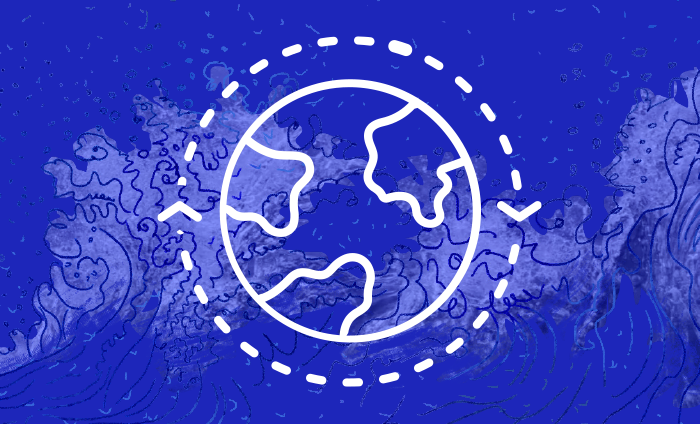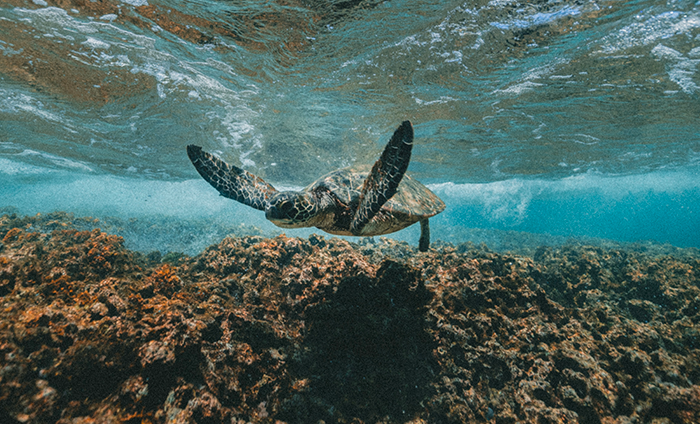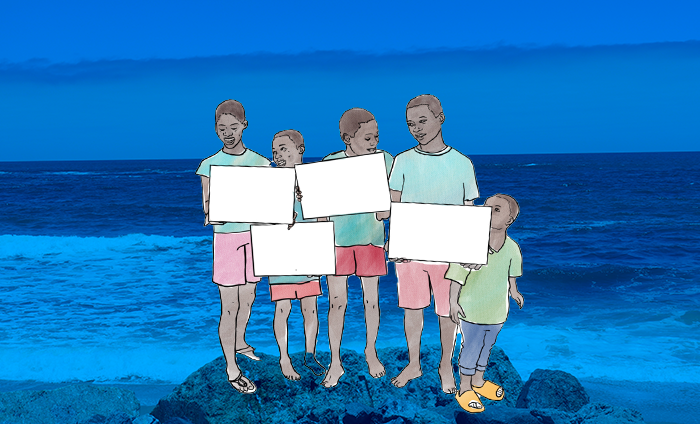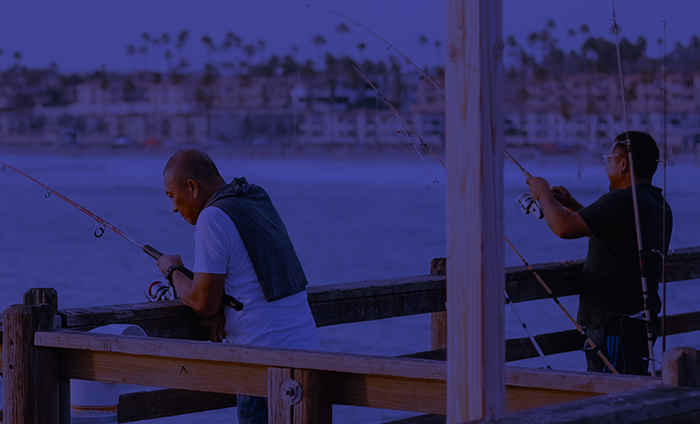Publications

policy brief: Ten things you need to know about State ocean jurisdiction
“1. There is no part of the ocean that is actually “beyond national jurisdiction” At any place in the ocean, there is always at least one State which may or must exercise its ocean jurisdiction, i.e. its authority under international law to be involved directly in a concrete situation arising at that place. For example, the […]
policy brief: A multi-partner coalition to protect and restore the ocean’s contributions to climate regulation, human well-being and planetary health
“The ocean and its biodiversity play a key role in regulating the global climate and slowing climate change by absorption of excess heat, carbon dioxide (CO2) and other greenhouse gases from the atmosphere. Yet the potential of the ocean and marine ecosystems to achieve the international climate goals are still largely overlooked in intergovernmental climate […]
Policy brief: A Framework for Facilitating Children’s Participation in International Processes at the Ocean-Climate Nexus
“Children are still largely invisible in decision-making processes on the marine environment, even if they are increasingly recognised as environmental human rights defenders in decision-making processes on climate action. States’ international obligations in relation to children’s human rights and the protection of the marine environment can and should be read together to offer a starting […]
Coastal Tourism Recovery amid COVID-19: Insights from a Participatory System Dynamics Approach
“This study aimed to examine the impacts of COVID-19 on coastal tourism in Nelson Mandela Bay (NMB), South Africa, and propose effective management interventions to enable swift recovery. A participatory system dynamics modelling approach was applied through a qualitative causal mapping processes to support a quantitative model. Multiple stakeholder perspectives were incorporated to gain a […]
Protecting Children’s Rights to Development and Culture by Re-Imagining ‘Ocean Literacies’
“This paper explores the relevance of existing international legal standards on children’s human rights to a healthy ocean. In particular, we reflect on the still underestimated importance of a healthy ocean for children’s human right to development and cultural rights. Focusing on environmental education, we argue that the concept of ocean literacy should rather be […]
Local purse-seine fishers’ economic losses owing to endangered seabird conservation measures – perceptions and reality
“The likelihood of success of a marine protected area (MPA) is strongly dependent on stakeholders’ support. A concern often raised by local fishers is their lack of involvement in the design or management of a MPA and their loss of income owing to lost fishing grounds. We used Algoa Bay, South Africa, as a case […]
Review of the Central and South Atlantic Shelf and Deep-Sea Benthos: Science, Policy, and Management
“The Central and South Atlantic represents a vast ocean area and is home to a diverse range of ecosystems and species. Nevertheless, and similar to the rest of the global south, the area is comparatively understudied yet exposed to increasing levels of multisectoral pressures. To counteract this, the level of scientific exploration in the Central […]
Introduction: Applying a Human Rights Lens to the Ocean-Climate Nexus
“We have known that climate change negatively impacts on the marine environment since the 1990s. And we are increasingly aware of the role the ocean plays in climate regulation, although we are still unveiling the full extent, and the fragility, of the contributions of deep-sea ecosystems to climate change mitigation. Meanwhile, the effects of climate change on […]
Addressing the Ocean-Climate Nexus in the BBNJ Agreement: Strategic Environmental Assessments, Human Rights and Equity in Ocean Science
“The Agreement on Marine Biodiversity of Areas beyond National Jurisdiction (BBNJ Agreement) opens a new path in international law towards addressing issues at the ocean-climate nexus, as well as considering implications for the protection of human rights and achieving equity among States in the context of ocean knowledge production and environmental management. Based on an interdisciplinary […]








